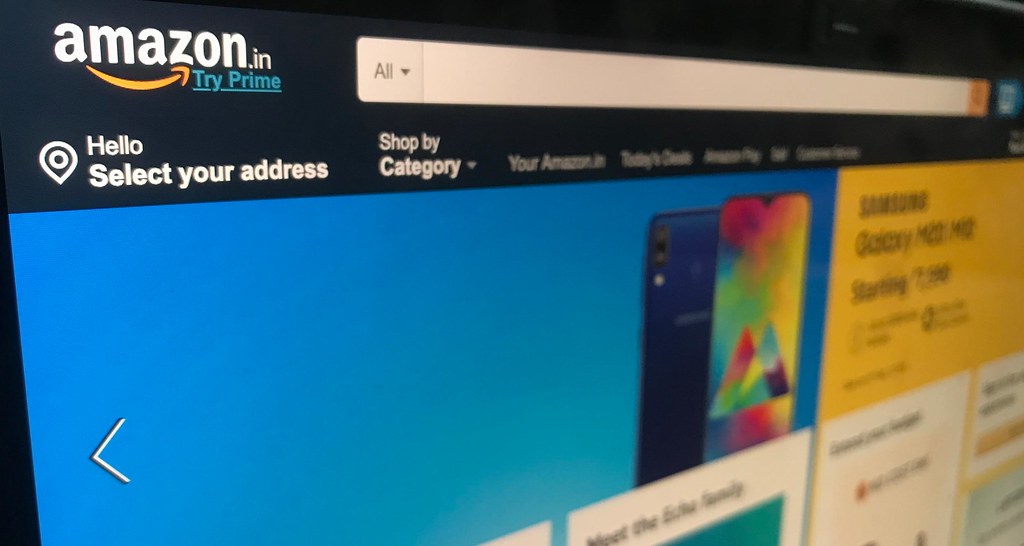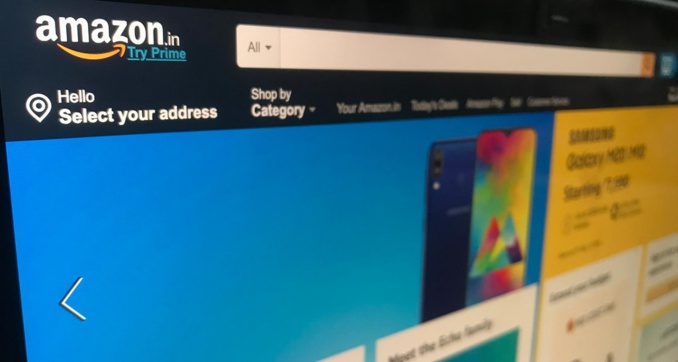Since the start of this fiscal year, Amazon has invested 28 billion rupees ($ 394 million) in its Indian division called Amazon Seller Services, compared with 94.5 billion ($ 1.3 billion) last year, according to the Economic Times.
Unless the retailer makes significant investments in the last quarter of this calendar year, this will be Amazon’s first decline in Indian investment since 2012.
Previously, Amazon has consistently increased investments in the Indian division: from 460 million rupees ($ 6.48 million) in 2011 to 62 billion rupees ($ 870 million) in 2017.
Meanwhile, the American online retailer is acquiring shares in some of the major offline retailers in India. So far, Amazon has acquired a stake in Shopper’s Stop clothing retailer, More grocery chain, and in the Future Group retail conglomerate.
Analysts say Amazon’s investment grew last year when the company sought to build its grocery business and supply chain around it. This year, when the infrastructure has already been created, capital requirements have decreased.
Meanwhile, on February 1, the Indian government revised e-commerce regulations, causing a widespread disruption to Amazon and Walmart's Flipkart business, as they had to change their business structures and remove thousands of products from their sites.
source: economictimes.com
Unless the retailer makes significant investments in the last quarter of this calendar year, this will be Amazon’s first decline in Indian investment since 2012.
Previously, Amazon has consistently increased investments in the Indian division: from 460 million rupees ($ 6.48 million) in 2011 to 62 billion rupees ($ 870 million) in 2017.
Meanwhile, the American online retailer is acquiring shares in some of the major offline retailers in India. So far, Amazon has acquired a stake in Shopper’s Stop clothing retailer, More grocery chain, and in the Future Group retail conglomerate.
Analysts say Amazon’s investment grew last year when the company sought to build its grocery business and supply chain around it. This year, when the infrastructure has already been created, capital requirements have decreased.
Meanwhile, on February 1, the Indian government revised e-commerce regulations, causing a widespread disruption to Amazon and Walmart's Flipkart business, as they had to change their business structures and remove thousands of products from their sites.
source: economictimes.com



















